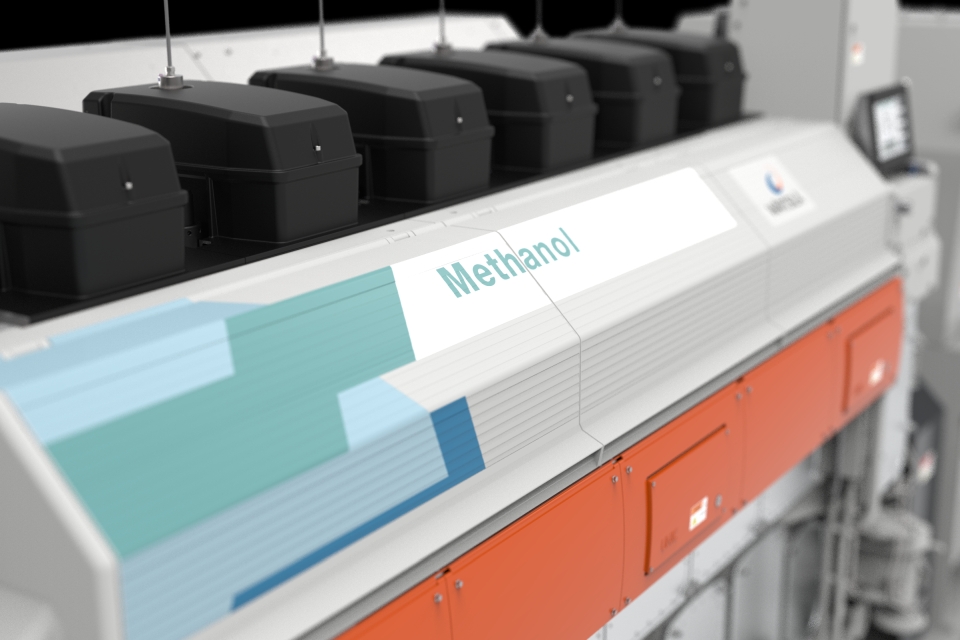Wärtsilä has been contracted by Swedish ferry operator Stena Line to carry out the conversion of some of its vessels to operate with methanol fuel. The conversions will include the fuel supply system and engine modifications, as well as integrating the new installations with the ships’ existing systems.
Converting ferries for methanol fuel will enable them to be compliant with various existing and upcoming regulations, including the Carbon Intensity Indicator (CII), FuelEU Maritime, and IMO 2050 GHG reduction target.
‘As we continue to implement our strategy to decarbonise all our operations, we see methanol as a viable alternative fuel that will help us achieve this ambition,’ says Ian Hampton of Stena Line. ‘Wärtsilä has proven its capabilities to carry out the necessary conversions. This was shown eight years ago when they converted the Stena Germanica to operate with methanol, and our experience from this ground-breaking innovation has been very positive.’
Also read: Stena Line orders methanol vessels for Irish Sea
Conversions in 2025
The full scope of Wärtsilä’s supply package will include fuel tank instrumentation and valves, transfer pumps, low pressure pump skid, fuel valve trains, methanol fuel pump units and the automation of the system, engine conversions, and automation upgrade for the engine control room.
The conversions are scheduled to take place in 2025.
Also read: Promising future for methanol, but green production could be bottleneck
Maersk converts container ships
Just last week, Maersk announced a similar move. The container liner has contracted MAN to convert eleven of its container ships to dual-fuel methanol operation. These conversions take place between 2024-2027.
Picture: Converting ferries for methanol fuel will enable them to be compliant with various existing and upcoming regulations (by Wärtsilä Corporation).
Also read: Maersk to pioneer container ship conversion to methanol dual-fuel engine








